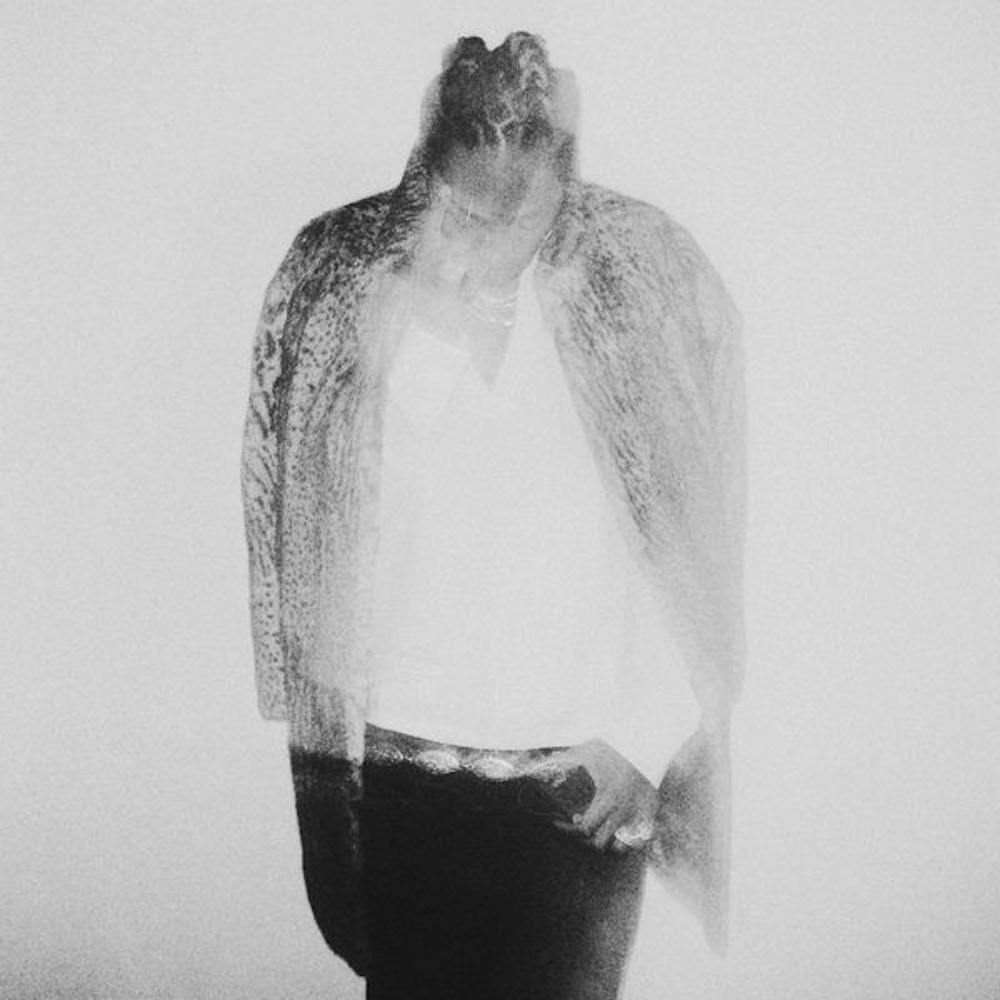A man with many names must grapple with the many personas to come with them. Born as Nayvadius DeMun Wilburn, Future Hendrix — more commonly known only as Future — certainly knows a thing or two about this. Since his ascent to hip-hop’s elite, Future has become known as the auto-tune dependent trap monarch who grinds out club banger after banger.
But most aren’t as familiar with the other side of the rapper’s identity. Future Hendrix adopted his name as homage to Jimi Hendrix and his free, eclectic spirit. Although Future has never made music sounding remotely close to Jimi’s, the latter’s willingness to try new things and constantly evolve is a clear influence embodied in Future’s latest album, “HNDRXX,” released a mere week after his self-titled album, “FUTURE.”
Where “FUTURE” was the rapper’s bold statement of his trap identity, in “HNDRXX” he initially picks up where he left off by unapologetically dissing all of his exes, calling them his “collection.” After a few songs, though, the album takes a complete 180, and begins to showcase a surprisingly nuanced side to the self-labeled “Super Trapper.”
Although unnecessary extravagance and boastful lavishness are still hallmarks of his lyrical content, in “HNDRXX,” Future channels these themes by expressing his emotions, vulnerability and love. Yes, love. For someone who just a week ago bragged of getting massages from “twenty freaks” and snatching any “broad” he wants, these sudden monogamous admissions sound blasphemous.
Yet somehow Future makes these sentiments seem convincingly genuine by truly pouring his heart out into his tracks. For example, in “Sorry,” he attempts to make amends and heal wounds he may have inflicted to people throughout his life, repeating “Ain’t really mean to hurt you” or some variation of the phrase a total of 22 times, and the word “sorry” 13 times. Future is famous for his callous disregard for others, so a concession like this is stunning.
In fact, “HNDRXX” is an album all about love — it is his version of his crony Drake’s “Take Care.” Each song quivers with a vibrant angle on Future’s ideas of relationships — they manifest as the best love letters someone like him could write. He raps about his trust issues and how his persona forces him to act tough and hide his emotions, revealing his true inner layers as vulnerable, turbulent and — most of all — human. Listeners have a remarkable revelation about his persona — Future is so spiteful precisely because he cares so much.
The album’s production beautifully complements the emotional expression of the lyrics. Although bass-heavy riffs are still prevalent, most songs sound mellow, melodic and have a comforting Sunday morning vibe to them. Where “FUTURE” bombarded listeners with endless trap beats and low-life motifs, “HNDRXX” serenades them with tunes of love.
Make no mistake — Future still stays true to himself. Still present are his boasts of a fast life of excess and elements of his signature musical style, only here they are applied in a more personal context. Where “FUTURE” flexed his low-life bravado and unapologetic savagery, “HNDRXX” reveals a nuanced and flawed human being who audiences often forget. The contrast exhibits his duality and two sides of the same coin. As Hendrix by day and Future by night, the dynamic rapper establishes himself as a trap superhero with his two latest albums.







